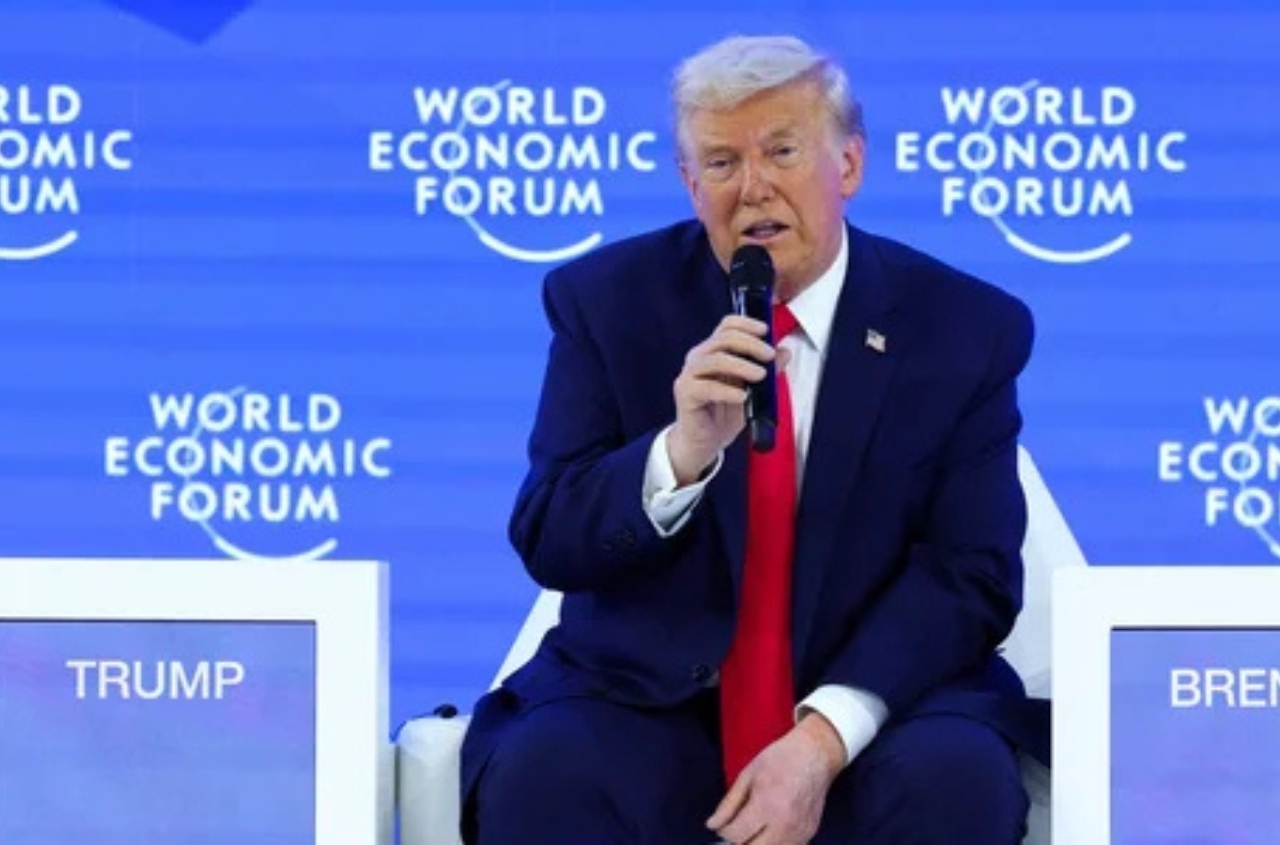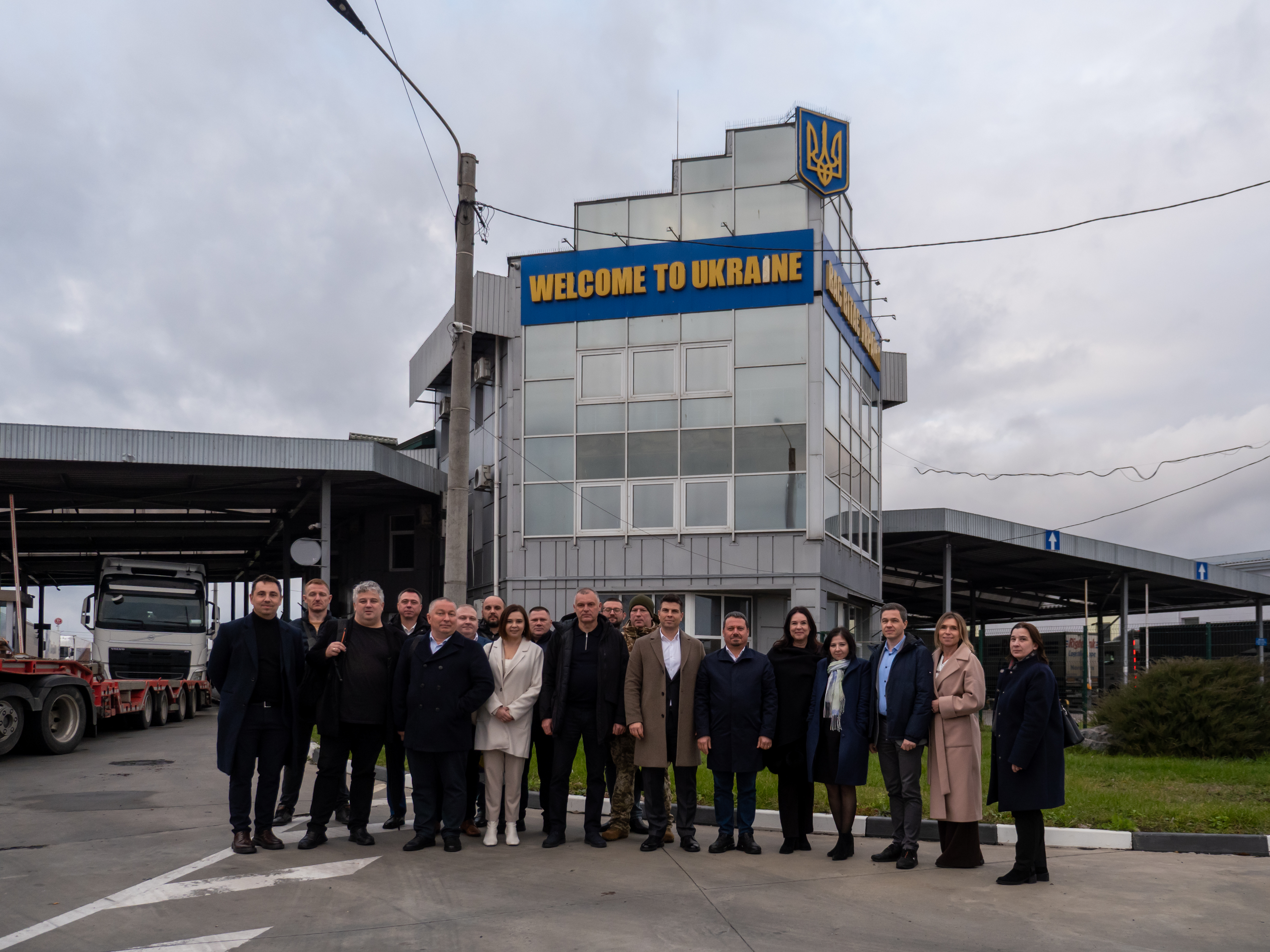Russia, North Korea, and China are forging a new geopolitical triangle in Asia that could shift the regional balance of power and pose serious challenges to international security, according to experts from the Robert Lansing Institute (RLI). They emphasize that growing ties between Moscow and Pyongyang, supported by Beijing, are laying the foundation for a new strategic alliance with a distinctly anti-Western orientation.
As Russia seeks new sources of weapons, political backing, and economic workarounds amid international isolation, North Korea in return gains access to advanced Russian military technologies, diplomatic legitimacy, and critical economic assistance. According to RLI analysts, this deepening relationship has already moved beyond tactical cooperation toward a stable, long-term partnership.
The report states that Russia is actively using North Korean-made artillery, missiles, and possibly ballistic weapons in its war against Ukraine. At the same time, the Kremlin is reviving Cold War-era partnerships to increase pressure on the West and divert U.S. and allied attention to the Asia-Pacific region.
North Korea, by supplying arms to Russia, expects access to satellite, missile, and nuclear technologies, which could accelerate its intercontinental ballistic missile (ICBM) and nuclear miniaturization programs. Diplomatic rapprochement with Russia also helps Pyongyang strengthen its international standing and ease sanctions through barter trade and covert financial channels.
China, meanwhile, maintains an ambiguous stance. While concerned about potential escalation and a loss of influence over Pyongyang, Beijing tacitly accepts the strengthening of the Russia–North Korea axis as part of a broader strategy to counter U.S. influence. Although Russia’s growing role in North Korea undermines China’s monopoly on relations with Pyongyang, it also allows Beijing to remain in the background and avoid direct accusations of destabilizing the region.
According to RLI, the formation of this Russia–North Korea–China triangle presents strategic risks. It could destabilize the Korean Peninsula, provoke new missile tests and provocations by North Korea, and escalate tensions with South Korea, Japan, and the United States. The transfer of tactical nuclear know-how to Pyongyang is also a possibility, threatening regional deterrence. Trilateral cooperation could ultimately derail efforts to resume six-party talks and dismantle existing diplomatic nonproliferation mechanisms.
The report highlights that current sanctions against North Korea and Russia are increasingly ineffective. China and Russia block new UN Security Council resolutions and inspections, while the use of front companies, cryptocurrencies, and maritime smuggling complicates enforcement. International coordination is weak, and Pyongyang has adapted to living under isolation. Moreover, Russia’s urgent need for weapons and resources during wartime now outweighs concerns about the global consequences.
Among the likely scenarios is an expansion of technological cooperation, including the delivery of satellite equipment and targeting systems by Russia to North Korea. A new missile crisis could emerge if Pyongyang conducts provocative tests amid escalating tensions over Taiwan or intensified warfare in Ukraine. RLI warns that the global sanctions regime is at risk of total collapse.
The analysts stress that the emerging Moscow–Pyongyang partnership is not merely a temporary arrangement, but part of a broader Eurasian alliance challenging the existing world order. While China remains on the sidelines for now, it risks losing control of the situation. A worsening crisis in Northeast Asia could spill over into a broader conflict and undermine global security, particularly in the realm of nuclear nonproliferation.




















